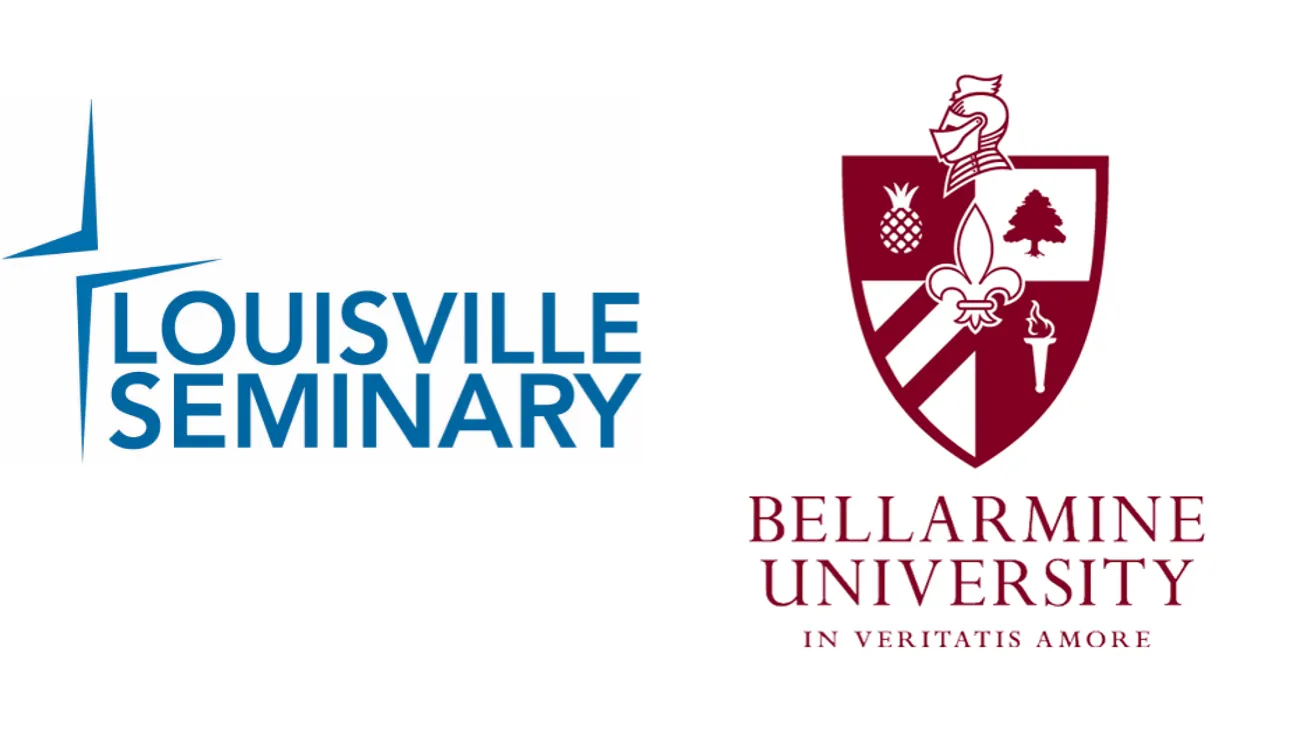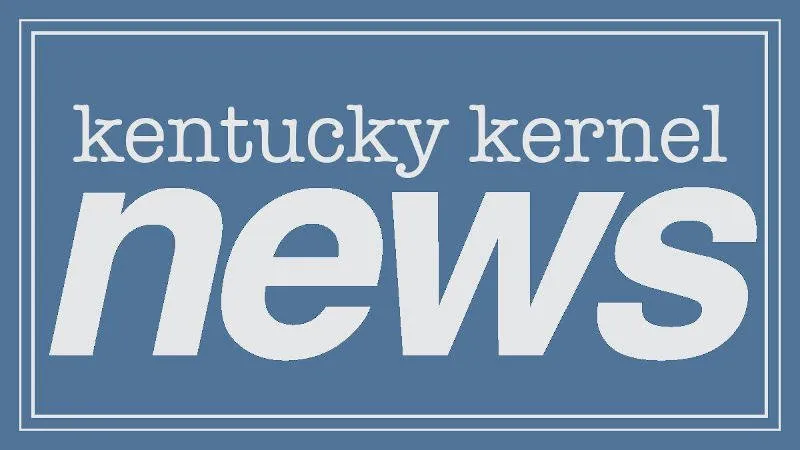The Nieman Journalism Lab is “an attempt to help journalism figure out its future in an Internet age.” And in a recent article in their newsletter, they revealed that one company, with one editor, is putting out 355 online newspapers across the U.S.
The company is Good Daily, Inc., and the owner and “editor” is Matthew Henderson.
How it works
Good Daily sets up an online newspaper for a city or region, gives it a name like Daily Bentonville or Today in Virginia Beach, then uses AI (artificial intelligence) to “scrape” the websites of other news outlets in that city, and puts what is gathered into its own web page. The stories on the Good Daily sites and in their newsletters do link back to their source, if you follow the link. But as you might expect, most people just scan the Good Daily newsletter, thus robbing the other local news organizations of readers and income.
It’s called “news aggregation,” and it’s been going on for a long time. ForwardKY does some of it ourselves, but always with clear attribution and a solid link back to the original source. Good Daily has just massively automated the process, and basically hoovered up readership from other publications.
The kicker for Good Daily, though, is that they present each online site as an actual local news organization, with a staff that gathers the stories. And as the Nieman Lab article points out, one way they do that is by having testimonials on each site, supposedly from local readers, touting the value they receive from their Good Daily subscription.
The testimonials aren’t real, though. In fact, not only does Good Daily use the same web page layout and the same landing page on every site, they also use the same testimonial on each site, just changing the name of the town.
So, “I’m a senior citizen here in Benton, and this newsletter is like a lifeline” becomes “I’m a senior citizen here in Virginia Beach, and this newsletter is like a lifeline.”
And in Kentucky?
Since the testimonial text is the same on each site, I figured I could use it to see if any of these “robot newspapers” were in our state.
And boy, are they.
Here’s the list I generated in just about ten minutes of using the Google machine:
There may be more. (If you find any, let me know and I’ll update the story.)
Wrap-up
So, some questions and thoughts:
- Is this legal? Yes – it relies on the “fair use” rules to take part of a copyrighted story and share it.
- Even if it’s legal, is it misleading? I think the use of the same testimonials on each site answers that question.
- Does it damage other news outlets that are actually local? Absolutely. Many other local news organizations put out summary newsletters. Most people have limited time available to follow the news. and will choose one source they read regularly. I am betting that people in Lexington who subscribe to Lexington Morning News do not also subscribe to the Herald-Leader.
We are in a news crisis in this country, with local newspapers dying by the dozens every year. If you want both solid reporting and holding people accountable, one way to do that is to subscribe to your local paper, in print or online. “Support local journalism” is one part of protecting our democracy – and whatever else it might be, Good Daily is not local.
Read the article at Nieman Lab, and see what you think.
--30--








